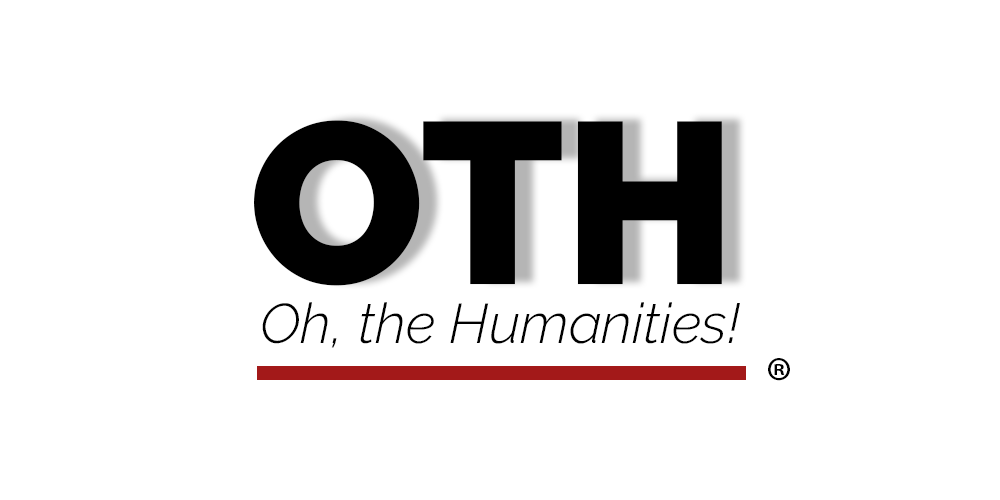Open Access and the Global South
by Dr. Sven Fund, Managing Director, Knowledge Unlatched GmbH
Supporting access to scholarly content for researchers worldwide but in particular in the Global South is one of the altruistic arguments mentioned most commonly by librarians and funders in the more economically-developed regions of the world. But that wish alone does not fully address the demands and needs for equitable participation in the global publication and research process. In order to explore this in more depth, Knowledge Unlatched organized a truly global virtual panel within the context of the digital Frankfurt Book Fair. The three panelists invited were Liz Ngonzi, Founder / Executive Director, The International Social Impact Institute at Hunter College, USA; Juan Cordoba from Universidad del Rosario in Colombia, and Abel Packer, the director of SciELO, Brazil. About 30 participants from around the world also joined the conversation which took place on October 16.
It soon emerged that is a truism for all three panelists that there is no such thing as “the” Global South, as conditions vary greatly from country to country and continent to continent. While a number of academic systems in Africa for example still lack very basic technological preconditions to enable scholarship to take advantage of the free resources available, others are well-advanced both when it comes to publishing as well as reading/using open content. While in some countries even top institutions are just starting to familiarize themselves with digital publishing and the concept of openness, others can already look back at several years of experience.
Liz Ngonzi highlighted that there are blocking issues on a number of levels, not just the technical restrictions. Many – particularly authoritarian – governments in the world still restrict access to knowledge, viewing academic freedom on both the consumption as well as the dissemination sides as a threat to their rule.
However barriers also exist on a more individual level, and Abel Packer was able to report from his own experience at SciELO on how important education about available open access models is, as well as individual training in a number of fields. Juan Cordoba, with a strong background in and overview of the scene at Latin American university presses, emphasized the importance of a stable organizational setting. He reported from the experience of his region, where journals and books are often published by libraries directly, thereby providing a cost-efficient alternative to other forms of scholarly publishing.
The panelists agreed that the trend for more collaboration necessitates a better use of digital resources, independent of world region, and it is no surprise that open access is seen as an ideal means to that end. They also unequivocally called for better access to publication opportunities for researchers from less economically-advanced regions (or institutions) around the globe. This entails inclusion in international research contexts as well as better funding opportunities for scholarly projects and academic publishing within the countries of the Global South.
The discussion highlighted the many motivations and facets of open access, not only within one academic system, but more particularly across different types of borders. Be it technical preconditions, funding resources or the issue of different national languages beyond English, as well as research publication traditions in the academic production – open access as a model needs to take all of this into consideration if it wishes to enhance its inclusive nature. Funders and research organizations, libraries and publishing houses have a tool at hand to create a more equitable and better environment, to the advantage of researchers in both the North and the South. All three panelists made it very clear that open access is not a charity or a funding transfer between world regions, but that it does have the power to make the research itself better, provided resources are pooled effectively and viewpoints include more global input.
But at the same time methods must be developed to eliminate the existing boundaries within the respective communities, requiring a shift in mindset alongside the need for more pragmatic solutions.
The panel discussion was recorded and is freely available here: https://openresearch.community/posts/oa-in-the-global-south-video-conference?room_id=frankfurt-book-fair-open-conversations.
